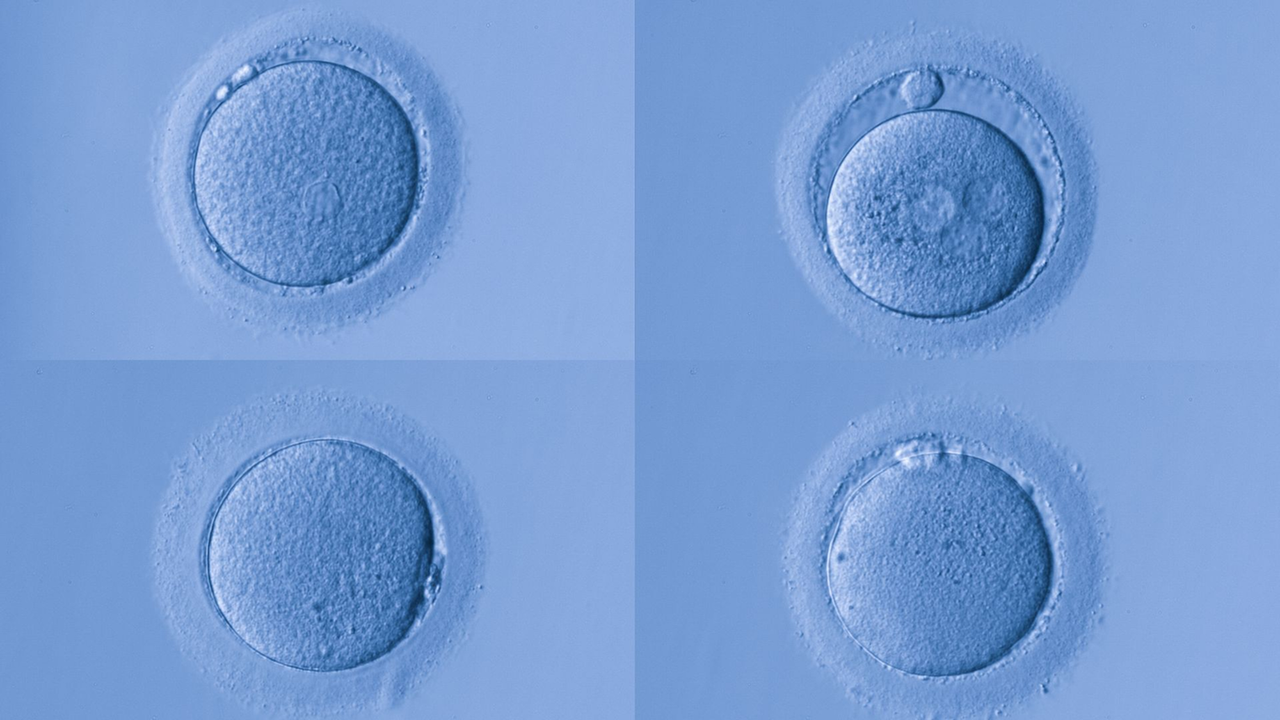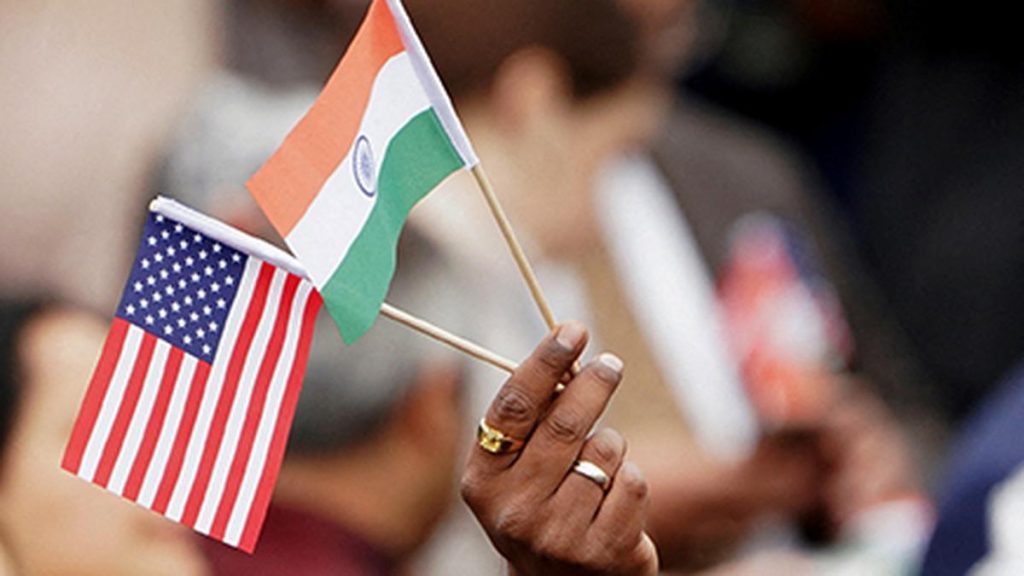Now Reading: Study Reveals Unique Aging Defense in Human Eggs
-
01
Study Reveals Unique Aging Defense in Human Eggs
Study Reveals Unique Aging Defense in Human Eggs

Rapid Summary:
- A study published in Science Advances suggests that mitochondria in human egg cells might potentially be protected from accumulating DNA mutations as women age.
- Researchers found 17- to 24-fold fewer mutations in mitochondrial DNA (mtDNA) of egg cells compared to blood and saliva samples, even among women aged 20 to 42 undergoing IVF.
- This protection could reduce the risk of diseases linked to mtDNA mutations,wich affect energy production and cellular function and can be life-threatening.
- Chromosomal abnormalities in eggs do increase with maternal age, but the rate of mitochondrial mutations observed stayed steady across age groups in this study.
- The findings are seen as reassuring for individuals planning pregnancies at later ages as mtDNA defects associated with aging appear minimized in egg cells.
- Though, scientists caution that these results are based on a small sample size (22 participants), warranting further research involving diverse populations and larger studies.
(Image credit: Red_Hayabusa/Getty Images)
!Image showing a collage of human egg cells
Indian Opinion Analysis:
The findings from this study may hold significance for India given the rising trends of late marriages and delayed parenthood, especially among urban populations where career priorities frequently enough extend family planning timelines. If future research confirms similar protective mechanisms across diverse ethnicities-including Indian demographics-it could ease concerns regarding inherited mitochondrial diseases tied to maternal aging. Moreover, although some advocate for freezing eggs at younger ages due to declining chromosomal quality later on, this specific study suggests such fears about mtDNA mutation risks might need reassessment-at least within the researched age range.
india’s healthcare system has increasingly focused on fertility treatments such as IVF due to growing demand; insights like these add value by perhaps enhancing reproductive counseling strategies tailored for older prospective parents while highlighting gaps needing further exploration locally. Nevertheless, reliance only on limited international studies can overlook regional genetic factors unique to Indian populations; broader investigations will be essential before translating findings into actionable medical advice or clinical protocols.
























